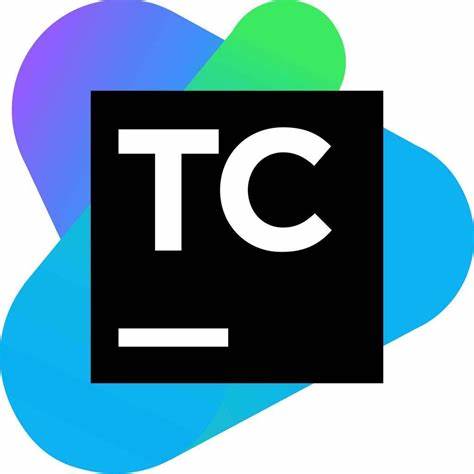Flaw in uClibc Allows DNS Poisoning Attacks
A flaw in all versions of the popular C standard libraries uClibc and uClibc-ng can allow for DNS poisoning attacks against target devices. The library is likely used in milliosn of Internet of Things devices that will never be patched and will always be vulnerable. This is where Software Bill of Materials is kind of handy. Credit: ThreatPost
Cyberattack on Hawaii Undersea Cable Thwarted
Homeland Security Thwarted an attempted hack of an under-ocean cable that connects Hawaii with other parts of the Pacific region. While Homeland is not releasing any details of the attempted attack, if the attack shut down traffic, that would be really bad for the region. Just one cable, for example, the Hawaiki Transpacific Cable, runs for 15,000 KM and has a capacity of 67 Terabits per second. Credit: Star Advisor
Will the Mickey Mouse Protection Law Go Up in Flames
Full disclosure: I have never been a fan of this law, so if it goes away, it won’t bother me. As some Republicans try to hurt Disney (trying to abolish the Reedy Creek special district, for example), Senator Hawley (R-Mo) introduced legislation to roll back the insane copyright “terms” that companies have used to make money off characters created a century ago. The downside of Hawley’s move is that it likely will anger a lot of people who make money off that 120 year copyright term and they might choose to make donations to the other team to get even. Given that Washington runs on “contributions” and those donors are likely going to explain that fact, I would say the odds of this passing are not great, but who knows. Credit: MSN
Feds Write Memo That Says They Pinky Promise Not to Charge Security Researchers Under CFAA
Sometimes I probably come across as cynical. That is because I am. While it is great that finally the DoJ wrote a memo that says that they are not going to charge security researchers for finding security holes, that memo only has just a little bit more weight of law than if I wrote that memo. There is nothing binding on the DoJ. Still, I guess, it is better than nothing. Credit: The Daily Swig
Sanctions Have Some Effect on Russia’s Tech Sector
Since Russia can no long buy AMD and Intel processors, they had to find an alternative. The solution seems to be a KaiXian KX6640MA. This is an Intel compatible chip, but it is a bit slow. One CPU Benchmark reported that a 4 core, 4 thread chip scored 1,566 points on the CPU benchmark. By comparison, an Intel Core i3, which is the slowest of the current Intel family, scored 14,427. Not exactly a match and for anything that is time critical, that is a problem. Guess how you would feel if someone replaced your computer with one that was 1/10th as fast. Credit: PC Magazine




